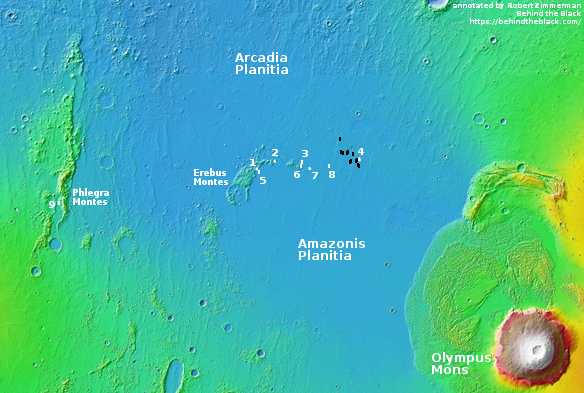Astronomers are expressing increasing distress over the possible negative consequences to their Earth-based telescope observations from the several new giant satellite constellations being launched by SpaceX and others.
[M]any astronomers worry that such ‘megaconstellations’ — which are also planned by other companies that could launch tens of thousands of satellites in the coming years — might interfere with crucial observations of the Universe. They fear that megaconstellations could disrupt radio frequencies used for astronomical observation, create bright streaks in the night sky and increase congestion in orbit, raising the risk of collisions.
The Nature article then details the issues faced by some specific telescopes. Hidden within the article however was this interesting tidbit that admitted the problem for many telescopes is really not significant.
Within the next year or so, SpaceX plans to launch an initial set of 1,584 Starlink satellites into 550-kilometre-high orbits. At a site like Cerro Tololo, Chile, which hosts several major telescopes, six to nine of these satellites would be visible for about an hour before dark and after dawn each night, Seitzer has calculated.
Most telescopes can deal with that, says Olivier Hainaut, an astronomer at the European Southern Observatory (ESO) in Garching, Germany. Even if more companies launch megaconstellations, many astronomers might still be okay, he says. Hainaut has calculated that if 27,000 new satellites are launched, then ESO’s telescopes in Chile would lose about 0.8% of their long-exposure observing time near dusk and dawn. “Normally, we don’t do long exposures during twilight,” he says. “We are pretty sure it won’t be a problem for us.” [emphasis mine]
The article then proceeds with its Chicken-Little spin as if the astronomical world is about to end if something is not done to stop or more tightly control these new satellite constellations.
As indicated by the quote above, it appears however that the threat is overstated. The constellations might reduce observing time slightly on LSST, scheduled for completion in 2022 and designed to take full sky images once every three nights. Also, the satellite radio signals might impact some radio astronomy. In both cases, however, the fears seem exaggerated. Radio frequencies are well regulated, and LSST’s data should easily be able to separate out the satellite tracks from the real astronomical data.
Rather than demand some limits or controls on this new satellite technology, the astronomical community should rise to the occasion and find ways to overcome this new challenge. The most obvious solution is to shift the construction of new telescopes from ground-based to space-based. In fact, this same new satellite technology should make it possible for them to do so, at much less cost and relatively quickly.
But then, astronomers are part of our modern academic community, whose culture is routinely leftist and therefore fascist in philosophy (even though they usually don’t realize it). To them too often the knee-jerk response to any competition is to try to control and squelch it.
We shall see if the astronomers succeed in this case.

